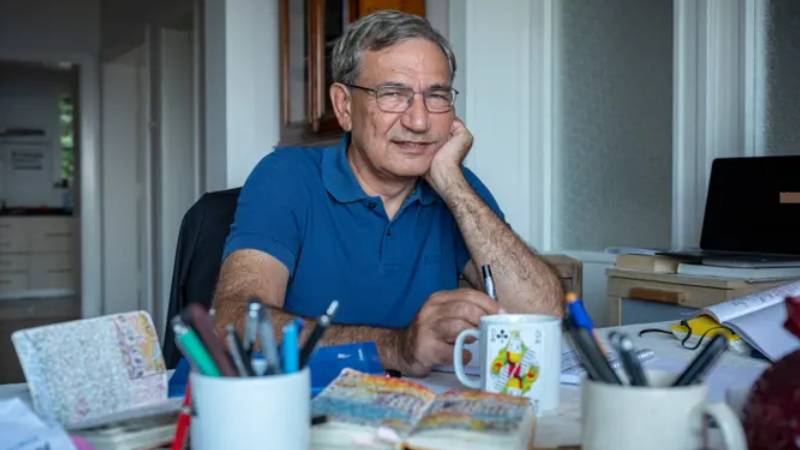Turkish Novelist - Orhan Pamuk
62
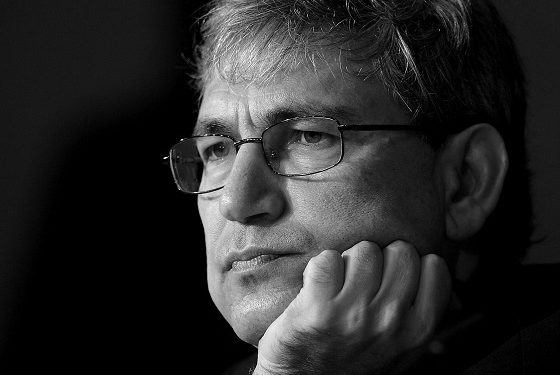
Orhan Pamuk, a prominent Turkish novelist, screenwriter, and academic, has emerged as one of the most celebrated contemporary authors, offering a rich tapestry of Turkish culture, history, and identity through his literary works. Born on June 7, 1952, in Istanbul, Pamuk's writing has earned him international acclaim, including the Nobel Prize in Literature in 2006. His novels delve into the complexities of modern Turkey, blending a deep sense of nostalgia with a keen observation of societal changes.
Early Life and Education:
- Orhan Pamuk was born into a prosperous upper-middle-class family, and his childhood was marked by a strong influence of his parents, particularly his father, who was a successful industrialist. Growing up, Pamuk was exposed to both Western and Eastern cultural influences, setting the stage for his later exploration of the clash between tradition and modernity in Turkish society.
- Pamuk studied architecture at Istanbul Technical University but soon realized that his true passion lay in literature. He shifted to journalism and started writing novels, combining his fascination with storytelling and his deep connection to his homeland.
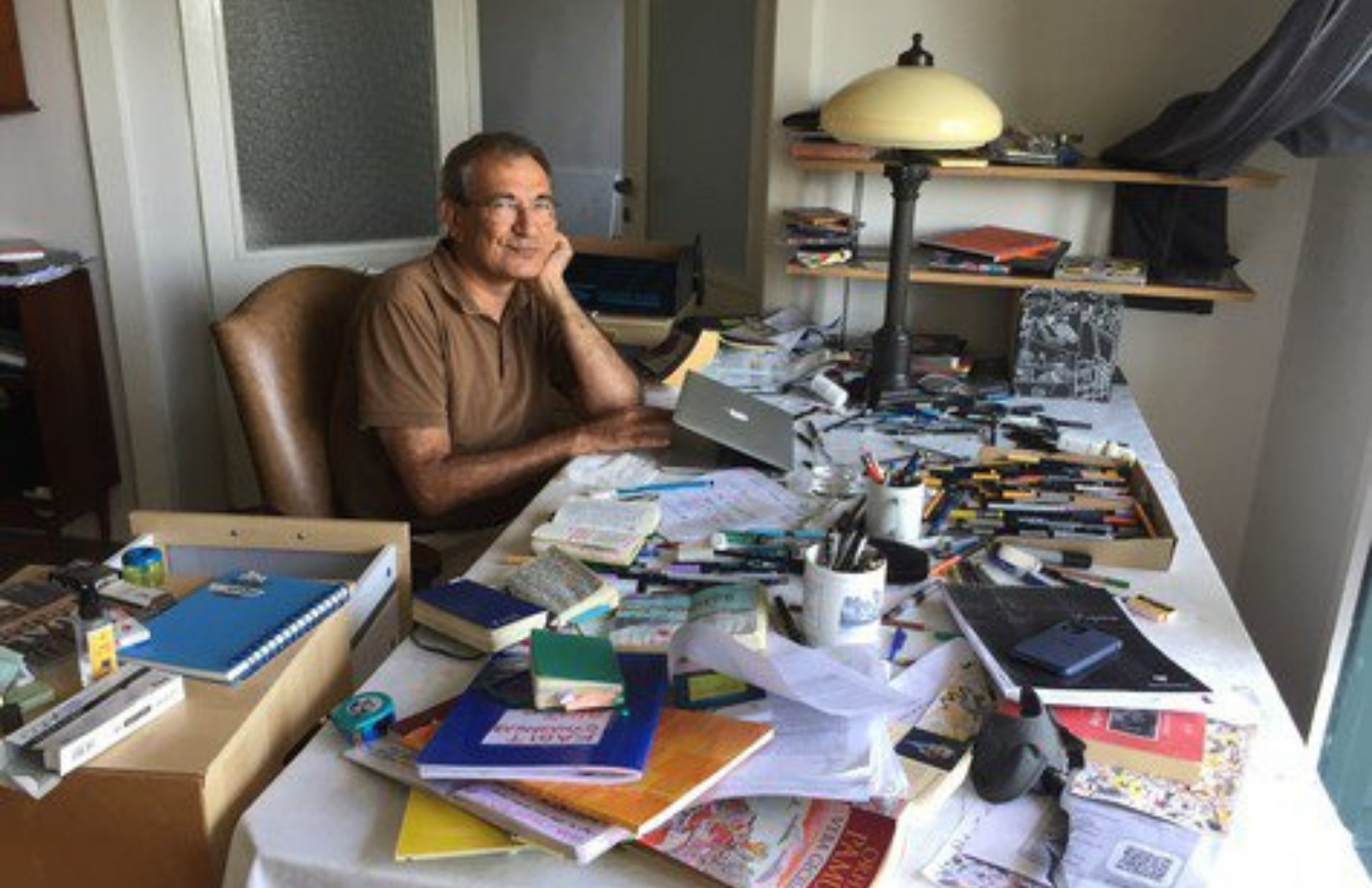
Literary Career:
- Orhan Pamuk's literary career took off with the publication of his debut novel, "Cevdet Bey and His Sons" in 1982. However, it was his later works that brought him international recognition. "The White Castle" (1985) and "The Black Book" (1990) showcased his ability to weave intricate narratives while exploring themes of identity and cultural dislocation.
- Pamuk's breakthrough on the global stage came with "My Name is Red" (1998), a historical novel set in the 16th-century Ottoman Empire. The novel, translated into numerous languages, earned him widespread acclaim for its exploration of the tension between Eastern and Western artistic traditions.
- His best-known work, "Snow" (2002), is a politically charged novel set in the town of Kars, tackling issues of religion, secularism, and the clash between East and West. This masterpiece solidified Pamuk's reputation as a literary giant and won him the Nobel Prize in Literature in 2006.
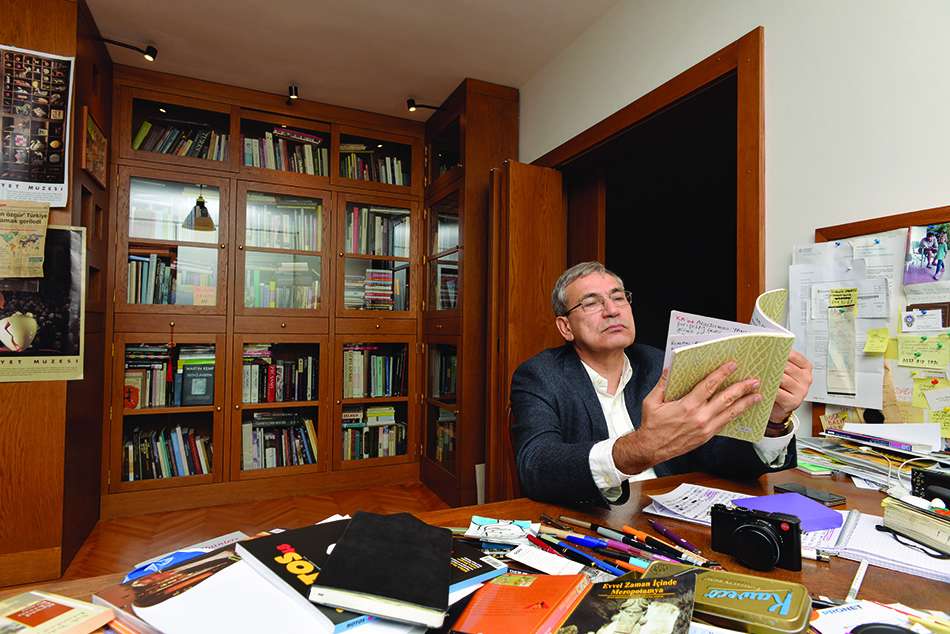
Themes and Style:
- Pamuk's works are characterized by a distinctive narrative style, often blurring the lines between reality and fiction. His exploration of the Turkish identity, the clash between tradition and modernity, and the complexities of political and cultural change resonates with readers worldwide. The use of intricate plots, multiple perspectives, and a deep engagement with Turkish history and culture distinguishes his writing.
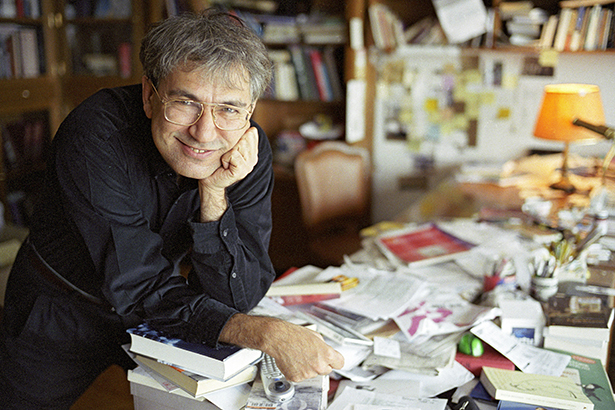
Legacy and Impact:
- Orhan Pamuk's impact extends beyond literature. He has been a vocal advocate for freedom of expression and human rights in Turkey. His willingness to address controversial topics in his novels has sometimes led to political controversies, highlighting the power of literature to provoke thought and challenge societal norms.
- In addition to his novels, Pamuk has contributed essays, articles, and lectures, further enriching the global understanding of Turkish literature and culture. His influence on contemporary literature is evident in the way he navigates complex themes with poetic grace, creating a body of work that invites readers to contemplate the intricate tapestry of human experience.
Orhan Pamuk stands as a literary giant whose works not only capture the essence of Turkish identity but also resonate with universal themes of human existence. Through his exploration of the past, present, and future of Turkey, Pamuk invites readers to engage with the complexities of cultural identity, politics, and the ever-evolving nature of society. His legacy as a storyteller and cultural ambassador continues to inspire readers to explore the depths of their own cultural landscapes while appreciating the richness of others.
References;
- "Orhan Pamuk pronunciation: How to pronounce Orhan Pamuk in Turkish, Spanish".
- Kinzer, Stephen (15 December 1998). "A Novelist Sees Dishonor in an Honor From the State". The New York Times. Retrieved 30 August 2008.
- "Müzemi bitirdim mutluyum artık". 8 September 2011.
- "En çok kazanan yazar kim?". Sabah (in Turkish). 1 September 2008. Retrieved 2 September 2008.
- Husseyin, Hazim M. (2009). Nobel Ödülünün Orhan Pamuk ve Eserleri Üzerindeki Etkileri. University of Baghdad. p. 94.
- Wall, William (1 December 2010). "The Complexity of Others: The Istanbul Declaration of The European Writers' Conference". Irish Left Review. Archived from the original on 2 August 2018. Retrieved 1 December 2010.
- Daren Butler and Ercan Ersoy, "Kerinçsiz puts patriotism before free speech, EU" Archived 20 November 2012 at the Wayback Machine. Reuters via Turkish Daily News, 21 July 2006.
Thank you for reading, share your thoughts!
You can complete great comment tasks at here. #orhanpamuk #biography #writer #novelist #novel #turkish

